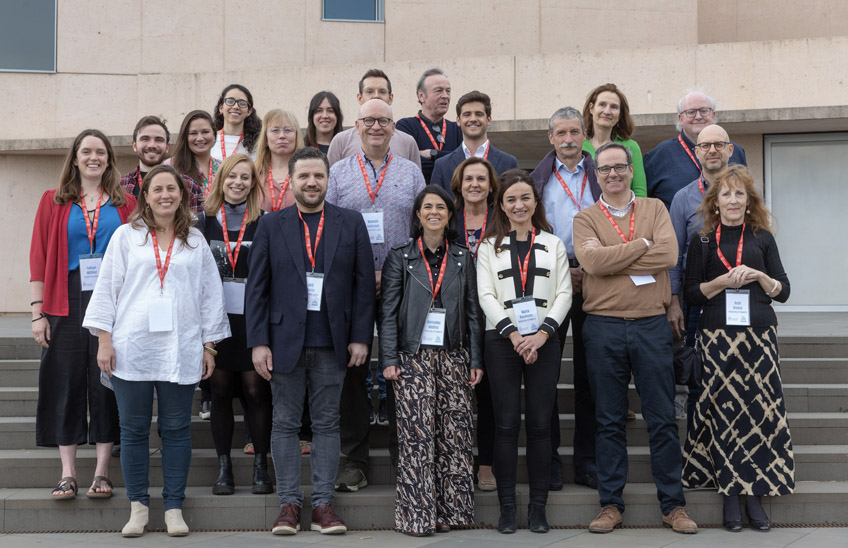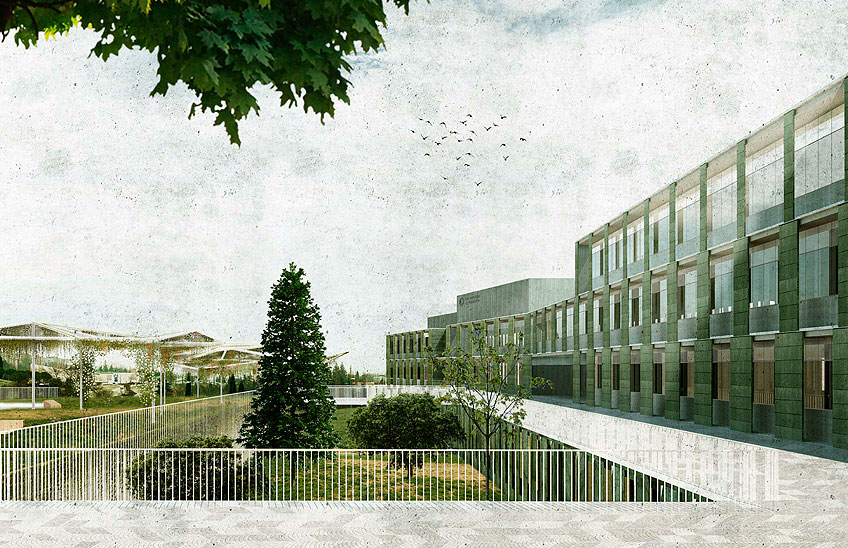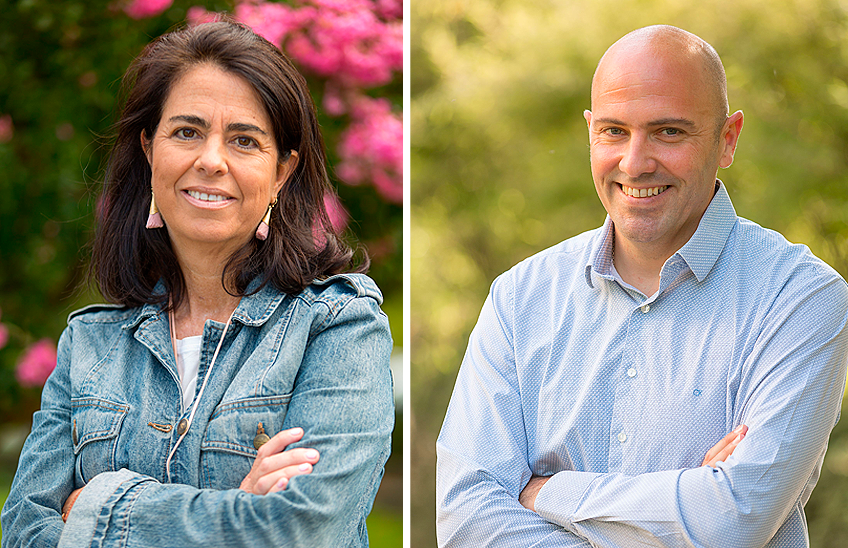The European project ReMeD to strengthen democracy from the media starts its activity in Pamplona
Coordinated by the University's Communication School , the project has received 2.9 million euros in funding.

FotoManuelCastells/35 researchers from eight countries have participated in the first meeting of ReMeD, a European project coordinated by the School of Communication of the University of Navarra.
03 | 04 | 2023
35 researchers from eight countries have participated in the first meeting of ReMeD, a European project of research coordinated by the School of Communication of the University of Navarra. The initiative has received funding of 2.9 million euros from the project Horizon Europe of the European Commission, with the goal to study for three years the resilience of the media to strengthen democracy.
In this first meeting they shared their progress and presented the characteristics of their countries and the methodology to be followed in each case. With an interdisciplinary approach and an innovative methodology, ReMeD will collect and analyze the data to provide solutions that contribute to the creation of resilient democratic environments that enhance democracy, the rule of law and fundamental human rights in the European Union.
The research aims to establish accountability mechanisms; suggest new business models and regulatory frameworks for digital platforms; address the challenges presented by the relationship between citizens, journalists and alternative media in the framework of digitalization; and design an observatory to facilitate citizen participation and decision-making based on access to plural and valuable information.
Journalism, public interest and the common good
Mercedes Medina, principal investigator of project and professor at School of Communication at the University of Navarra, said that "ReMED is a unique opportunity to address the crucial role of the media in European democracies. The work of experts in Economics, regulation, technology, media literacy and professional standards will allow to propose solutions for journalistic brands to assume with responsibility their mission statement to inform in a truthful way; in addition, initiatives for citizens to avoid the toxic impact of disinformation will be suggested".
Nicole Stremleau, researcher at Oxford University, noted that "it is a project that will explore the complex relationship between media and democracy, and the risks and opportunities of new media. Europe is currently at the forefront of regulating the power of technology, and ReMeD offers a unique opportunity to drive research and support these trends at a critical moment in our history.
Renate Schroeder, head of the European Federation of Journalists, said, "Journalists today face more pressure, restrictions and hostility than ever before. While the technological transformation in the industry offers new opportunities, the disruption of media business models, the lack of transparency in ownership and the conditions of work make it impossible for journalists to serve the public interest. We hope this project can provide evidence and analysis for effective measures to support journalism and the common good."
The University of Oxford (United Kingdom), Dublin City University (Ireland), Free University of Brussels (Belgium), Charles University (Czech Republic), University of Salzburg (Austria), Ludwig-Maximilians-Universität München (Germany), University of Agder (Norway) and the European Federation of Journalists are participating in project, led by the University of Navarra.
Strategy 2025 of the University of Navarra
The University of Navarra's Strategy 2025 aims to contribute to the sustainable development that today's society needs through its research, professor and healthcare work, and at partnership with other corporations. Caring for people and the environment is at the center of all its projects. The area of research seeks to generate positive social impact and advances in Sustainability, with special attention to the Environment and Biodiversity, Society and Digital Communication and the work, Care and development of people.


